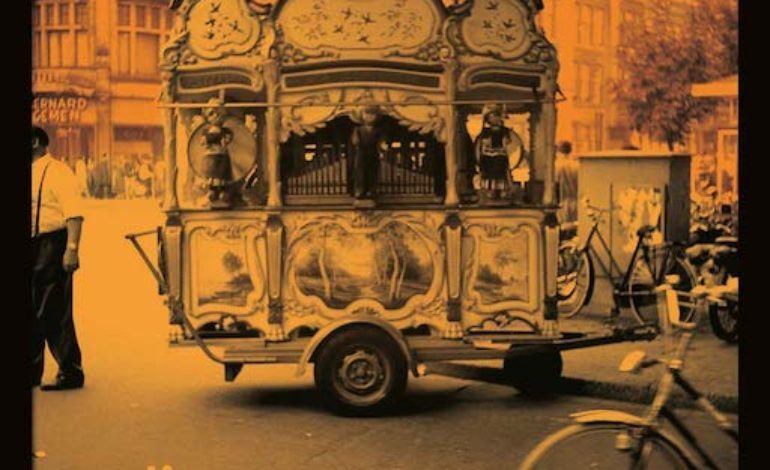

Elegant yet subtle art rock
When a member of a prominent band embarks on a solo career, he is inevitably haunted by the previous band’s legacy. This can be both a blessing and a curse. Though it helps to attract listeners, it also establishes a standard for comparison which for Paul Webb, as the former bassist of Talk Talk, is particularly high. Webb spent most of the 1980s in Mark Hollis’ shadow but hopefully, he will not remain there for his Rustin Man project because taken on its own terms, Drift Code is a thoroughly rewarding album.
On his first solo album as Rustin Man—he collaborated with Portishead frontwoman Beth Gibbons on 2002’s Out of Season—Webb has mutated from a silent bassist to a multi-instrumentalist with unique and expressive vocal talents. The many flourishes in production and arrangement on this project are exhilarating. The female vocalizing at the end of “Brings Me Joy” is absolutely enthralling. Similarly, the mixture of horns and Crosby, Stills & Nash-style vocal harmonies on “Our Tomorrows” will not fail to astonish the listener. Drift Code is rich and fascinating, covering a remarkable breadth of territory within the art rock genre.
For the most part, Webb wisely departs from the Talk Talk sound, which is completely inimitable. British progressive rock and psychedelia—early Pink Floyd, Syd Barrett’s solo work, David Bowie and Canterbury scene—are the primary musical influences on this project. In addition to these influences, there are threads of Americana folk woven into the ornate arrangements on this album. At times, Webb’s voice sounds like a deeper, more rugged version of Bowie’s. He sings with imprecise enunciation, shifting some focus away from the lyrics, which is a bit of a shame because they are well-written and often humorous.
Webb effortlessly blends his dazed voice with reverb-soaked guitar on the first two tracks. “Vanishing Heart” sounds more similar to Talk Talk than anything else on the album. This familiar territory is a welcome intro to an expansive musical conquest. Track two, “Judgement Train,” includes a prog-folk guitar solo and is one of his most impressive displays of virtuosity. This track is hypnotically beautiful. “The World’s in Town” is one of the album’s most enjoyable moments, and seems to pay direct homage to David Bowie’s “Space Oddity.” The lyrics about drifting in space delivered in a fearful, awestruck tone particularly feel completely akin to Bowie’s classic song.
The next track, “Light the Light,” is built on the contrast between a galloping piano melody and the simmering, jazzy vocal segments, slurred beyond recognition. Percussion and vocal overlays shine on the orchestral crescendos of “Martian Garden.” These elements help make this song one of the biggest highlights on this record. The closer, “All Summer,” has a sparser sound, though the arrangement is actually quite elaborate and includes some of the album’s best lyrics. It is a fantastic way to conclude this project.
Though he has waited until late in his career, it is fortunate that Webb has finally decided to step into the spotlight. Art rock fans will be delighted by this project. With a skillful execution that matches its ambitious scope, Drift Code provides an immersive listening experience that will satisfy anyone who isn’t expecting to hear Talk Talk.
